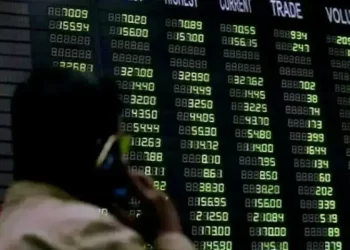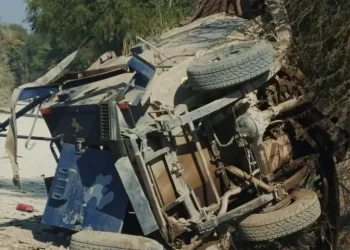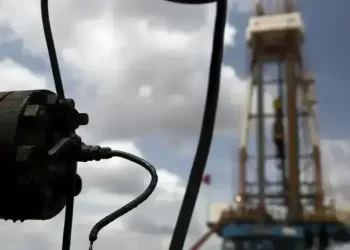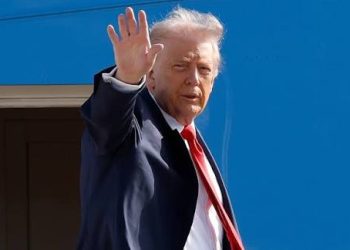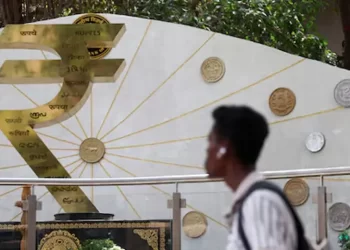Additional aid to Ukraine, the war in Gaza and investment in Africa will dominate the agenda of the three-day forum.
Bari, Italy – Leaders of the Group of Seven (G7) countries are gearing up for a three-day summit to discuss global affairs in the southern region of Puglia (Apulia).
The event will start on Thursday in Borgo Egnazia, a luxurious resort surrounded by olive trees in the style of a medieval village and very much loved by celebrities including popstar Madonna.
Italy’s Prime Minister Giorgia Meloni, the host of this year’s summit, will be welcoming the heads of state of the seven members – the United States, Canada, Germany, France, Italy, Canada and the United Kingdom – as well as the chiefs of the European Council and the European Commission.
As the “like-minded” group tries to shake off its reputation of being a club just for the wealthy West, Italy has extended an invitation to more than 10 other countries for sideline discussions. These include UAE’s Mohamed bin Zayed, Algeria’s President Abdelmadjid Tebboune, Jordan’s King Abdullah II and Turkey’s President Recep Tayyip Erdogan.
Notable absentees are Egypt and Saudi Arabia, who, according to a list seen by media, had been invited.
The timing could not be better for Meloni, who will preside over the summit as Europe’s rising star following her far-right party’s victory at the recent European Parliament elections that saw a turn to the right across the continent.
“I’m proud to be heading to the G7 with the strongest government of all,” the prime minister said on her way to Puglia.
Africa and the Mediterranean – two key national security issues – will feature prominently in the summit. Meloni is expected to expand her flagship foreign policy, the so-called Mattei Plan. The project aims to position Italy as a major energy hub between Europe and the African continent in the hope of boosting growth in Africa and, in turn, curbing immigration to Europe.
Another session is on the Middle East, where Israel’s war on Gaza is expected to dominate talks. Observers say leaders are likely to reiterate past positions, from calling on Hamas to accept a ceasefire deal laid out by US President Joe Biden, to acknowledging the importance of a two-state solution for peace in the region.
Among the guests, there will also be Pope Francis – marking the first time a pontiff has been invited to the summit – for a session dedicated to artificial intelligence (AI). Other specific sessions will then be on migration, financial issues and the situation in the Asia Pacific.
A final statement is expected on Saturday. This is usually a document that indicates the direction the group’s members intend to follow – crafting future policies while offering the rest of the world a window into their priorities.



